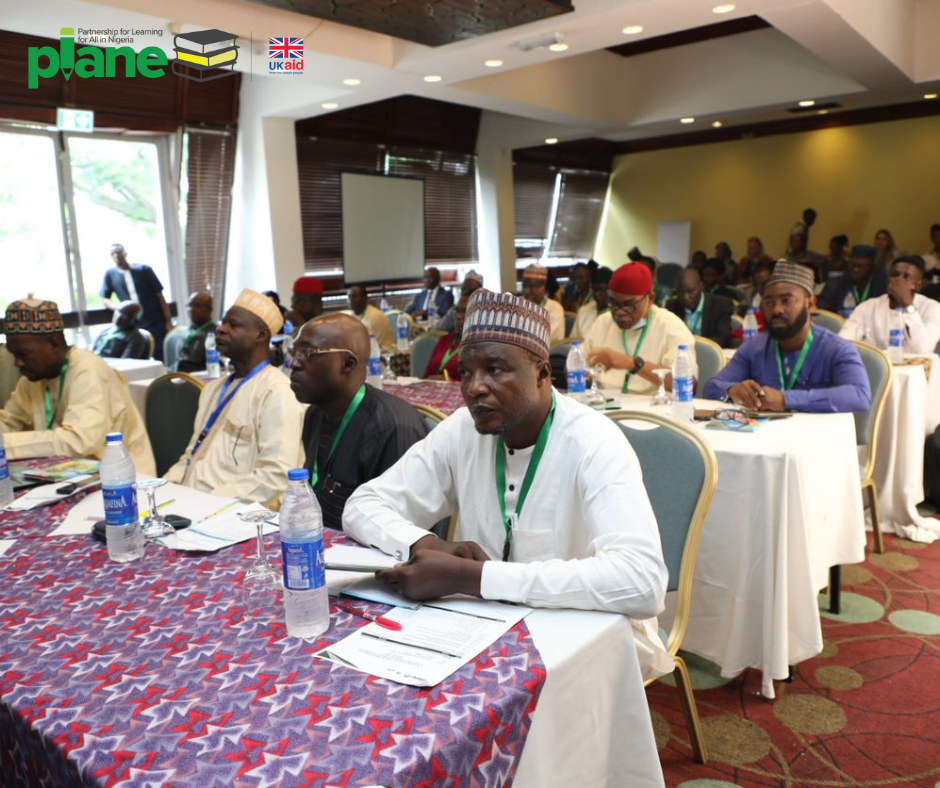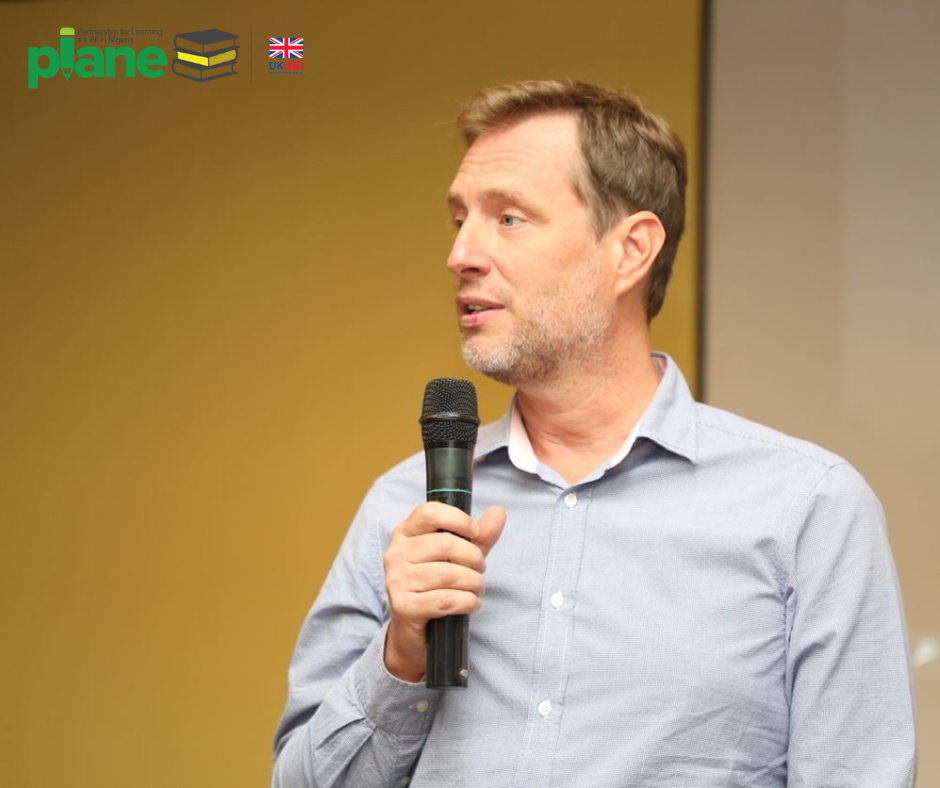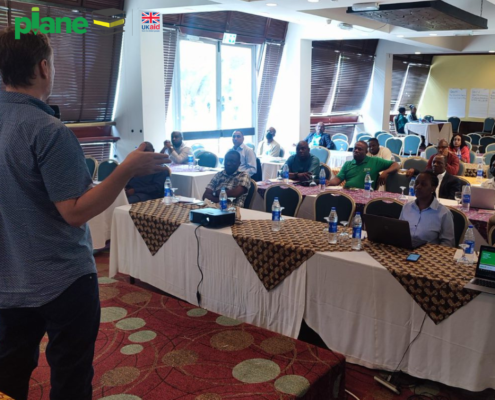July, 2022
Creating awareness for the National Book Policy and sustainable printing methods in Nigeria
During the week of July fourth, over 60 governmental-, non-governmental and private stakeholders came together in Abuja for a week filled with training and workshops organised by PLANE. These stakeholders included the Permanent Secretary of the Federal Ministry of Education, the Federal Ministry of Education, relevant Ministries, Departments and Agencies (MDAS), book supply chain organisations (authors, printers, publishers and booksellers), and representatives from Kaduna Kano and Jigawa states. PLANE is a seven-year educational programme to enable Nigeria’s more inclusive and effective basic education system. PLANE commissioned BlueTree group to map out the status of the book supply chain in Nigeria, several key observations made in this research were discussed during the workshops.




